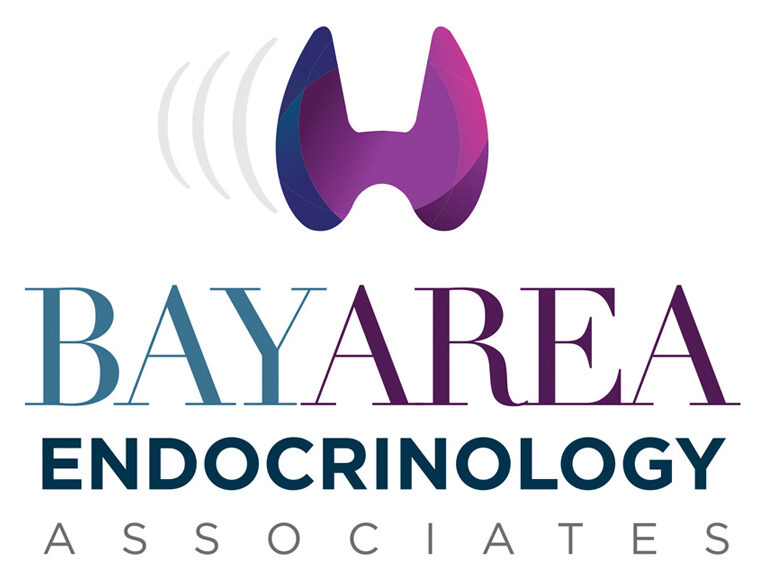The thyroid is a butterfly shaped gland located in the throat. It is responsible for regulating metabolism. Hormones released by the thyroid gland are essential to the way your body uses energy. A sluggish thyroid can cause increased weight gain and difficulty losing weight. However, moderate to severe weight gain can also cause thyroid conditions.
How Thyroid Conditions Cause Obesity
A properly functioning thyroid is important for weight loss. Since the thyroid regulates metabolism, any condition that interrupts proper thyroid function can contribute to weakness, fatigue, and weight gain. There are two ways your thyroid can contribute to weight gain.
- Hypothyroidism is any condition which causes the thyroid to produce too little of the hormones needed for proper metabolism.
- Hyperthyroidism is any condition that causes the thyroid to overproduce thyroid hormones. While these conditions often cause weight loss, they can cause your body to burn calories so quickly that you are often hungry and overeat.
Since hypothyroidism causes the thyroid to become less active, it is the most common reason patients with thyroid problems experience obesity. There are many factors that lead to these conditions.
- Autoimmune disorders are conditions in which the immune system mistakes healthy cells for diseases. Some of these disorders affect the thyroid gland. Hashimoto’s thyroiditis is an inflammatory autoimmune condition, and the most common disorder causing hypothyroidism.
- Radiation therapy used to treat tumors in the head and neck can cause hypothyroidism.
- Treatment for hyperthyroidism can occasionally reduce thyroid function too much, causing permanent hypothyroidism.
- Previous thyroid surgery can require a large amount or even total removal of the thyroid. These patients must take thyroid hormones.
- Medications can cause an underactive thyroid. Lithium is the most common.
How Obesity Contributes to Thyroid Conditions
Your thyroid condition may not be the cause of your obesity. Sometimes, obesity is the cause, or at least a major contributor, to a thyroid condition. Recent studies suggest that obesity may cause thyroid dysfunction.
Excess fat can alter the structure and activity of the thyroid and possibly lead to autoimmune disorders. Obesity also carries inflammatory properties that can slow thyroid function. There is evidence that thyroid function returns to normal in children after weight loss.
Hypothyroidism Symptoms
Weight gain is not the only symptom of hypothyroidism. There are many other health issues that arise with the condition. Untreated hypothyroidism can lead to serious complications including heart problems, infertility, and mental issues. Hypothyroidism in pregnant women can affect the developing baby. If you think you are suffering from a thyroid disorder, it is important to get a diagnosis from your endocrinologist. Symptoms of hypothyroidism may include:
- Dry skin.
- Fatigue.
- Changes in menstrual cycle.
- Weight gain.
- Sensitivity to cold.
- low heart rate.
- Goiter or swelling of the thyroid gland.
- Depression.
- Dry hair and hair loss.
- Constipation.
- Carpal tunnel syndrome.
Diagnosis
Since hypothyroidism is most common in older women, a thyroid screening may occur with a routine physical exam. Pregnant women may also be tested as a precaution.
Diagnosis is based on symptoms and the amount of certain hormones found in the blood. In the past, hypothyroidism was difficult to diagnose until symptoms were fairly advanced. Now a blood test can detect levels of a pituitary hormone called TSH. The pituitary gland produces more TSH in an effort to stimulate an underactive thyroid gland. Elevated TSH and low levels of a thyroid hormone called thyroxine are an indication of hypothyroidism.
If your medical history and blood tests lead to underactive diagnosis, imaging tests will usually follow. Imaging tests may help determine whether nodules are present or the size of a goiter. Some imaging tests can help determine hormone production of the pituitary gland. Required imaging tests may include:
- Ultrasound – An ultrasound of the thyroid may reveal a goiter or nodules on the thyroid. The test can determine size of the growth or if it has features that indicate cancer.
- Needle biopsy – Occasionally, a needle biopsy may be necessary to gather cells from a nodule. The cells can then be examined under a microscope.
- MRI – MRI or magnetic resonance imaging may be used to study the brain and the pituitary gland. An MRI may be used to discover a tumor affecting the pituitary gland.
Your doctor may need to rule out other conditions before diagnosing hypothyroidism. The symptoms of underactive thyroid vary widely, and may be easily missed or misdiagnosed. Other possible conditions may include anemia, fibromyalgia, or sleep apnea.
If you are suffering from obesity related to a thyroid problem, a Tampa endocrinologist can help. A specialized team of doctors will examine your medical history, run tests, and apply targeted treatment to heal your personal thyroid issues.








